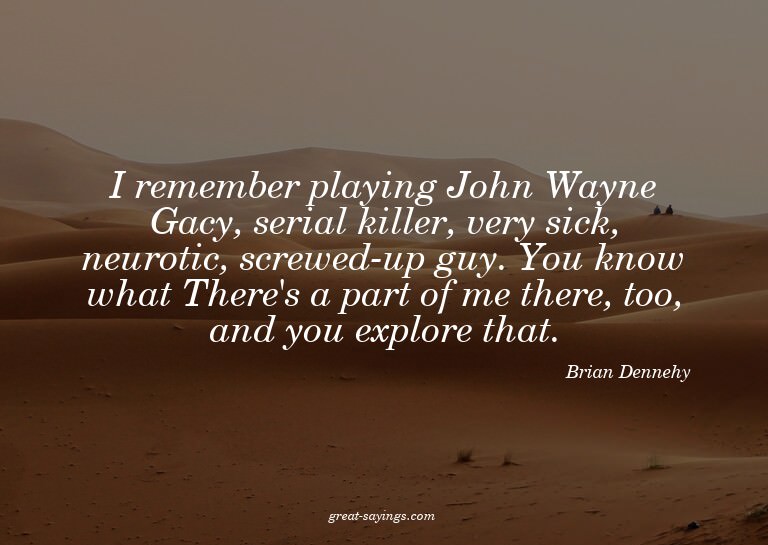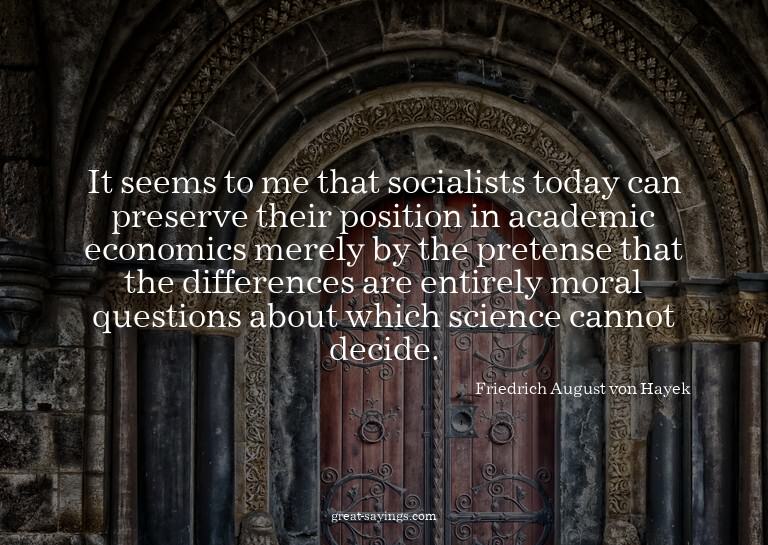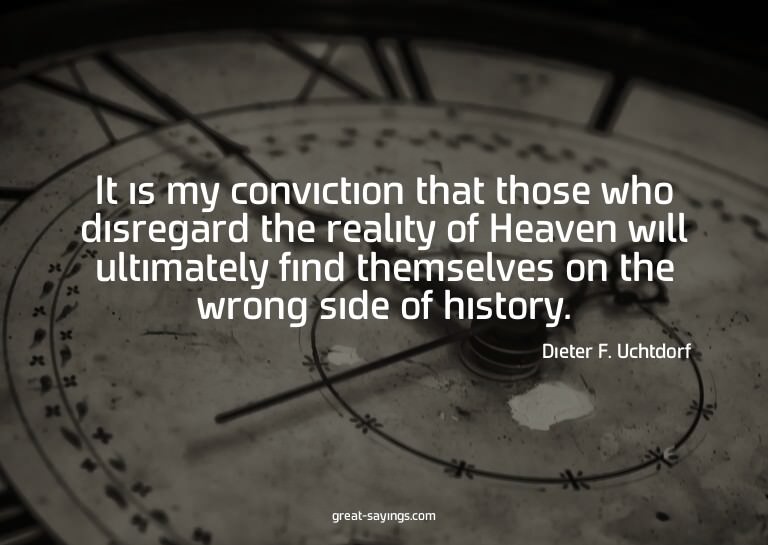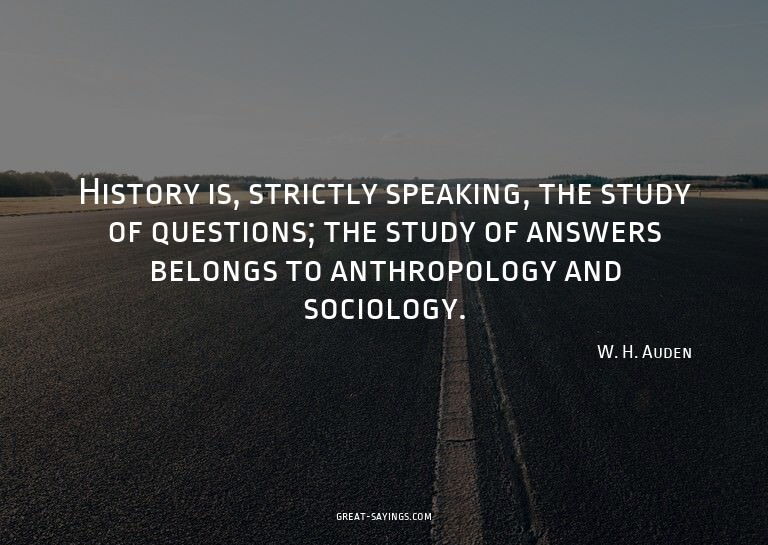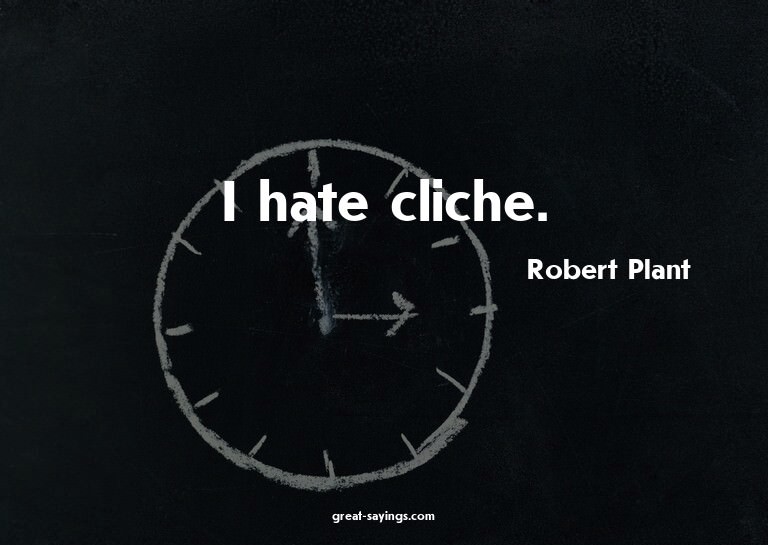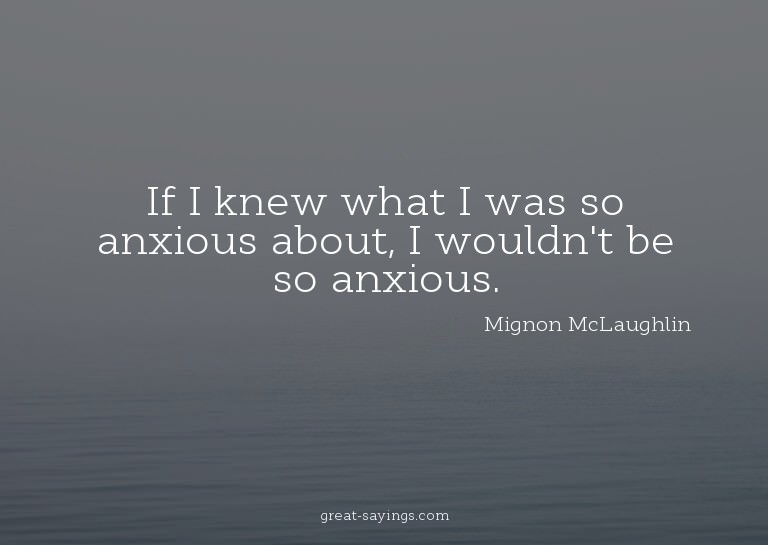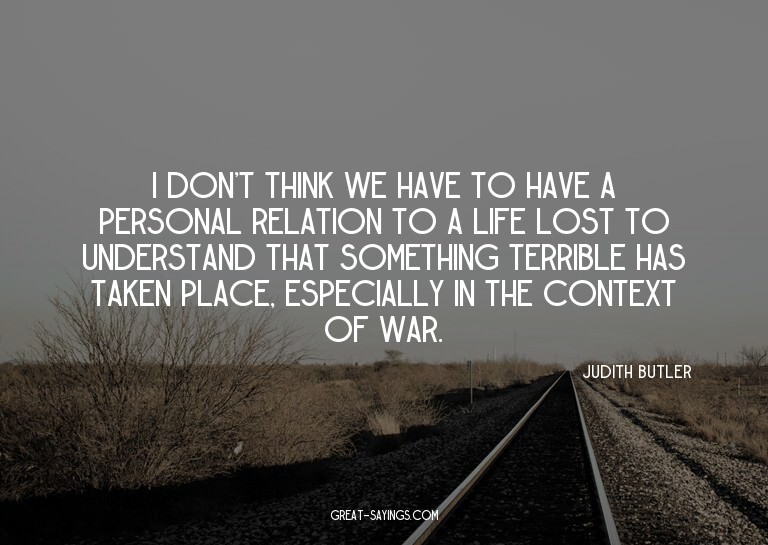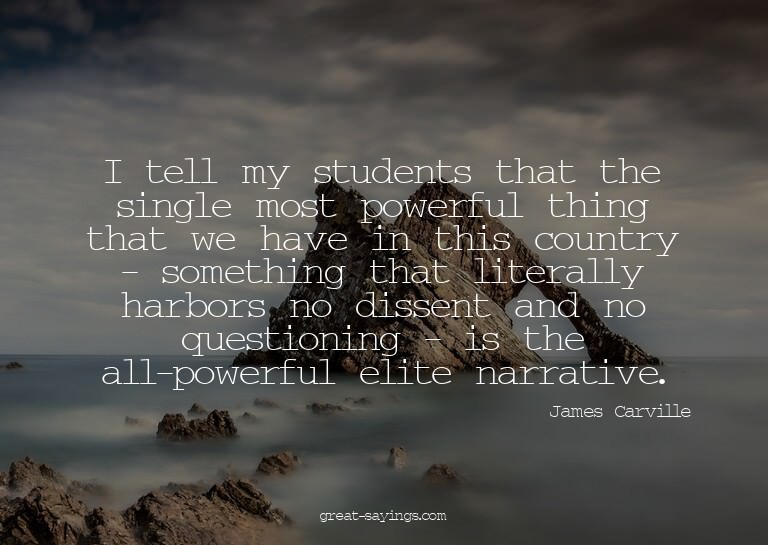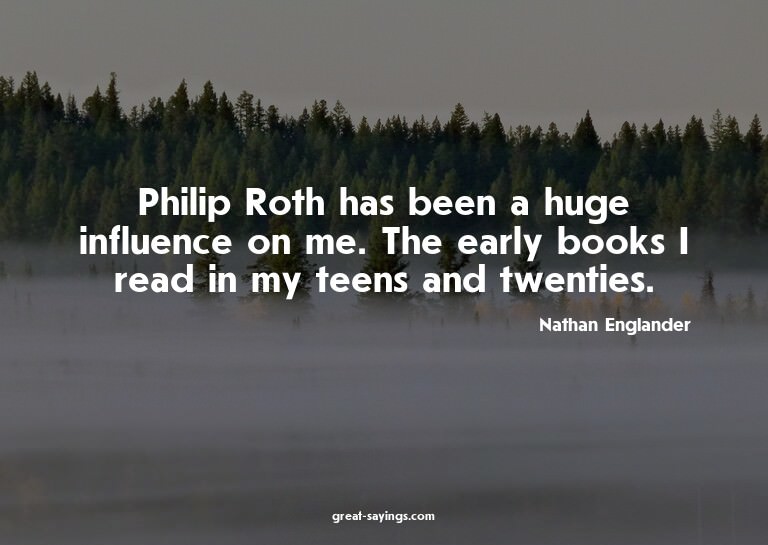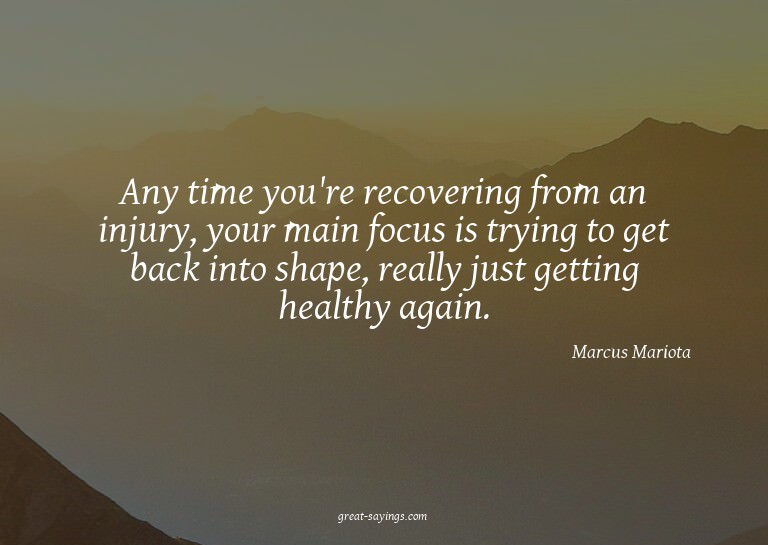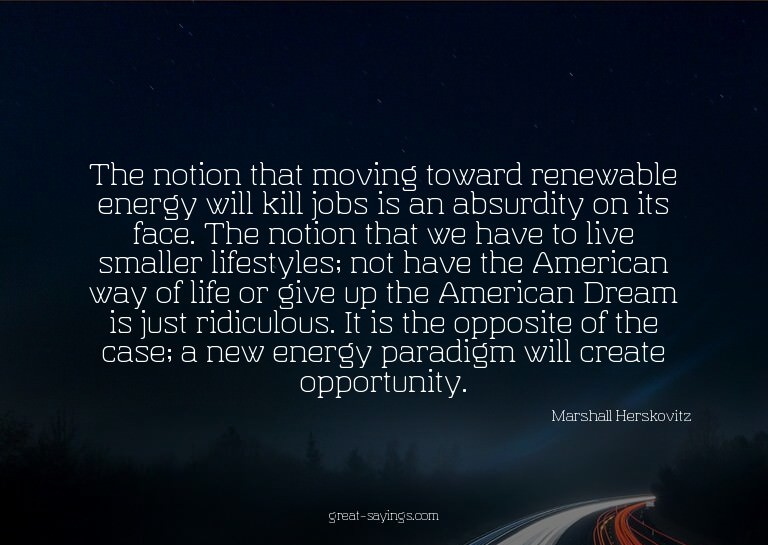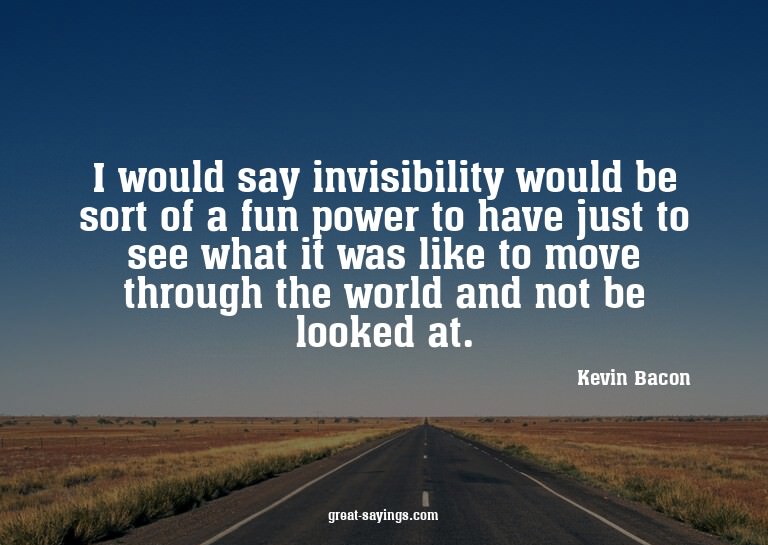Words matter. These are the best Doug Liman Quotes, and they’re great for sharing with your friends.
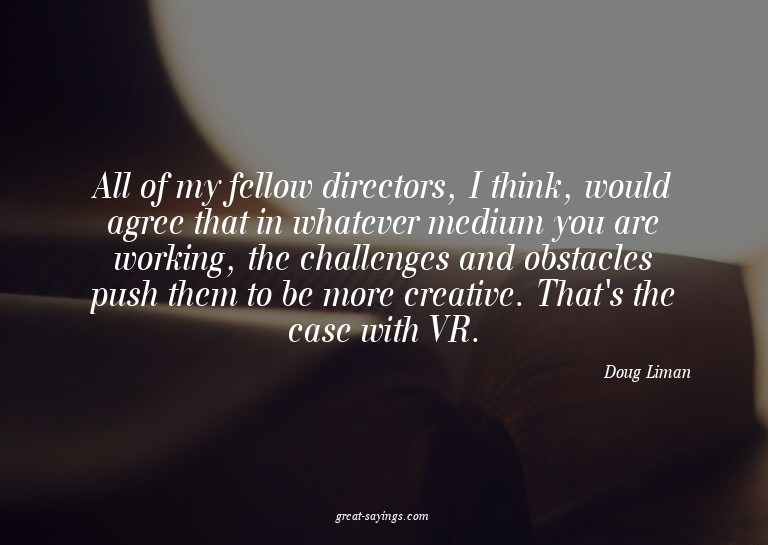
All of my fellow directors, I think, would agree that in whatever medium you are working, the challenges and obstacles push them to be more creative. That’s the case with VR.
My older brother took me to Woody Allen double features when I was still teething.
Given the kind of filmmaker I am, the kind of experiences I’ve been trying to give audiences, I was drawn to the potential of VR before I even tried watching anything in VR.
I’ve really pushed the limits of what you can get away with at big studios, and I’ve been extremely well-supported.
I do take things away from reading reviews. I think they keep you honest.
With ‘Invisible,’ I didn’t want to create something that requires you to watch it more than once; I don’t even expect people to watch it more than once per se. I just wanted you to have the experience and knowing that if you watch it a second time, it would be different because you would see different things.
I’ll just say that there are certain people who continue to be hired in Hollywood, and that leaves me truly shocked.
I feel like, Barry Seal, he’s pure of heart.
I started my career wanting to make a ‘James Bond’ movie, and I couldn’t get hired! I made ‘The Bourne Identity,’ and ultimately the impact of that film was that it changed the ‘James Bond’ franchise.
I started making Super 8-mm films when I was about six years old and just never stopped. It was always just a hobby, but it’s one of the few hobbies that can actually become a career. You know what? I think it was my plan from when I was six that this is what I was going to do.
I’ve often found, as I did with ‘Bourne,’ where I was inspired by the events of Iran-Contra when I designed the CIA for the ‘Bourne’ franchise, that the reality of how things work is usually more compelling than the superficial, made-up version that Hollywood sometimes does.
I didn’t grow up like Quentin Tarantino, watching esoteric art films at the video store. I’d go to the multiplex and see big, mainstream movies, and I’d go, ‘I want to make one of those one day.’
Almost anything can be justified as a style of filmmaking if it works.
I think making a great action movie is one of the hardest cinematic endeavors. By definition, smart characters avoid action. Smart people don’t go down dark alleys, but if you’re making an action movie and you want to have an action sequence, somehow you have to get that character into that dangerous situation.
Being on a commercial airplane is actually one of the safest places you can be on the planet.
Normally in spy movies, the person that the hero deals with is at the centre of power, surrounded by video screens, and they’re old and grizzled. I’m no stranger to that dynamic.
I’ve been really lucky in terms of the people I’ve gotten to work with.
I subscribe to the school that there are no dumb questions.
It causes havoc on set anytime a director wants to go backward rather than forward.
Aaron Taylor-Johnson and John Cena, in ‘The Wall,’ are superheroes. They’re very grounded, but the amount of training and stuff that soldiers bring to the field, they’re like Iron Man.
A movie like ‘Edge of Tomorrow’ is so huge and complex – the spectacle and action is all-consuming – and that on its own is enough of a reason for a lot of people to see it.
I can’t impress people with the pedigree of obscure French filmmakers that got me into film. It was Robert Zemeckis and Steven Spielberg. I really thought I wanted to make dumb action movies.
‘The Wall’ is a reaction to ‘Edge of Tomorrow,’ where I was like, ‘I don’t need time travel and aliens to take a hero and pin them down in an impossible situation. I can do it in a much simpler way.’ And that was ‘The Wall.’
The reality is, the movies that were most impactful to me growing up, when I decided I wanted to make movies, I was going to see Woody Allen double features with my brother, back when they had double features.
People don’t talk about how hard it is to make a movie. Nobody does. Ever.
I had just come off doing a lot of commercials when I did ‘Go,’ so a part of the fast pace and efficiency comes from the discipline I had to learn from telling stories in 25-second increments, and that type of discipline is insane.
We love movies like ‘Edge of Tomorrow.’ It’s why we go to the movies, and it’s why we make movies.
I thought I was done making CIA movies after ‘The Bourne Identity.’ I really had used my father’s work in Iran-Contra on ‘The Bourne Identity.’ You get one experience like that in your life where you have personal exposure to something, and you put it in a movie. That’s it.
I have to have a passionate connection to my films, which I do with ‘Justice League Dark.’ I have a way into the story that’s personal, the way I have a connection to ‘The Wall.’
VR should offer an experience that’s more exciting than watching in 2D, and we’re pretty good at 2D storytelling, so the bar’s already pretty high.
I’ve always been interested in giving the audience a first-person experience in my movies.
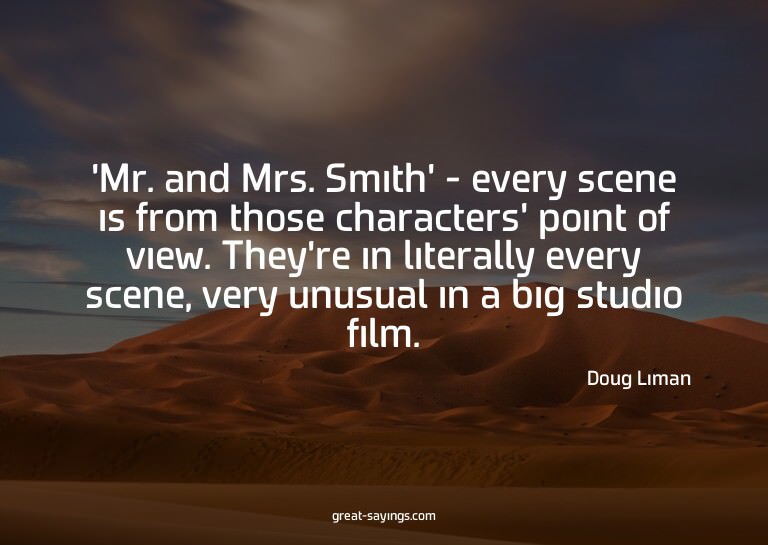
‘Mr. and Mrs. Smith’ – every scene is from those characters’ point of view. They’re in literally every scene, very unusual in a big studio film.
Trust me: you make a movie about time travel, and you know for a fact humans will never travel through time. The paradoxes that come up just from trying to tell a story with time travel really illuminates the fact that it’s impossible. It will never happen. We can barely get through a movie that involves time travel.
‘Swingers’ was always set in another world.
I’ve always had antiheroes in my film.
There would be no Marvel without ‘Swingers’; there would be no Jon Favreau directing ‘Iron Man,’ no Robert Downey Jr. playing Iron Man; no ‘Avengers.’
My family went to the Hamptons, so I understand what happens when a slice of perfect utopia gets overdeveloped, when one way of living is replaced by another.
When I was shooting ‘The Bourne Identity,’ I had a mantra: ‘How come you never see James Bond pay a phone bill?’ It sounds trite, but it became the foundation of that franchise.
When I was making ‘Bourne Identity,’ I wasn’t making a dumb action movie like they were expecting it to be.
What happened on ‘Mr. & Mrs. Smith,’ I was given a big budget and given too many choices, and I made a lot of mistakes and missteps early on until I squandered all that extra money. But then, once my back was up against the wall, I made what I consider a really good movie.
Even more than ‘Swingers,’ ‘Go’, for me, defines my career.
I had one scene in ‘Invisible’ with 12 actors delivering dialog at the same time.
Casting is everything. I put a huge amount of work into casting, and consistently across my career, I am most proud of my bold choices I made in casting.
I live in New York City, and I’m making huge action movies. The people that make huge action movies live in L.A., and they’re surrounded by other people who make huge action movies. I’m surrounded by people making documentaries!
On ‘Edge of Tomorrow,’ we discovered that movie while we were making it.
I think of myself as making independent films within the studio system. Yes, I’ve made movies with significantly larger budgets, and I’ve also made movies with smaller budgets.
VR should be more emotionally involving, but that doesn’t happen automatically by just taking a VR camera and sticking it onto what would be a traditionally blocked scene for 2D.
Normally, the action is just a gratuitous thing. In the case of Bourne, he was going to learn about himself in the action scenes.
More of ‘The Bourne Identity’s script was taken from the events of the Iran Contra, which my father investigated for the Senate, than what was taken from Robert Ludlum’s novel.
I’m interested in the kind of anti-establishment ethos that goes with making an independent movie. I like to bring that to studio films – usually to the consternation of the studios.
My characters in my movies are all flawed. You’ll probably never see Tom Hanks in a Doug Liman film. He plays, you know, very earnest and unflawed.
To be a lone filmmaker thousands of miles from home with nobody believing in me, that seems romantic.
I’ve got a short attention span, so it makes sense that I like movies because, for the most part, they immerse you in lots of action.
I don’t really make movies with an intention other than asking myself, ‘Do I love the character, and do I love the story?’
I don’t think I’m all that twisted in my life. I’m not like some tattooed filmmaker who, you know, hangs out on the Lower East Side and is part of some satanic cult or something.
My films have been successful, and therefore, the process has accommodated me. When the studio said ‘no,’ I did it anyhow. Now they don’t say no to me.
I’m really attracted to anti-heroes, and I’m a little bit of a troublemaker myself, and a little bit of a rule-breaker, and I like spies.
I make movies for me and posterity. I’m more scared of history than I am of the studio.
I populated ‘The Bourne Identity’ with real characters from American history, specifically characters from the Iran-Contra affair, which my father ran the investigation of. But at the heart of it was a fictional character.
When you have films like ‘Bourne’ that succeed, not only does it beget sequels, but it begets people taking chances.
With VR, you are directing in a 360-degree environment. The biggest challenge is that the viewer can look anywhere. They might look at the the weakest moments, the very things you edit for TV. You don’t control where they look.
Pages: 1 2

